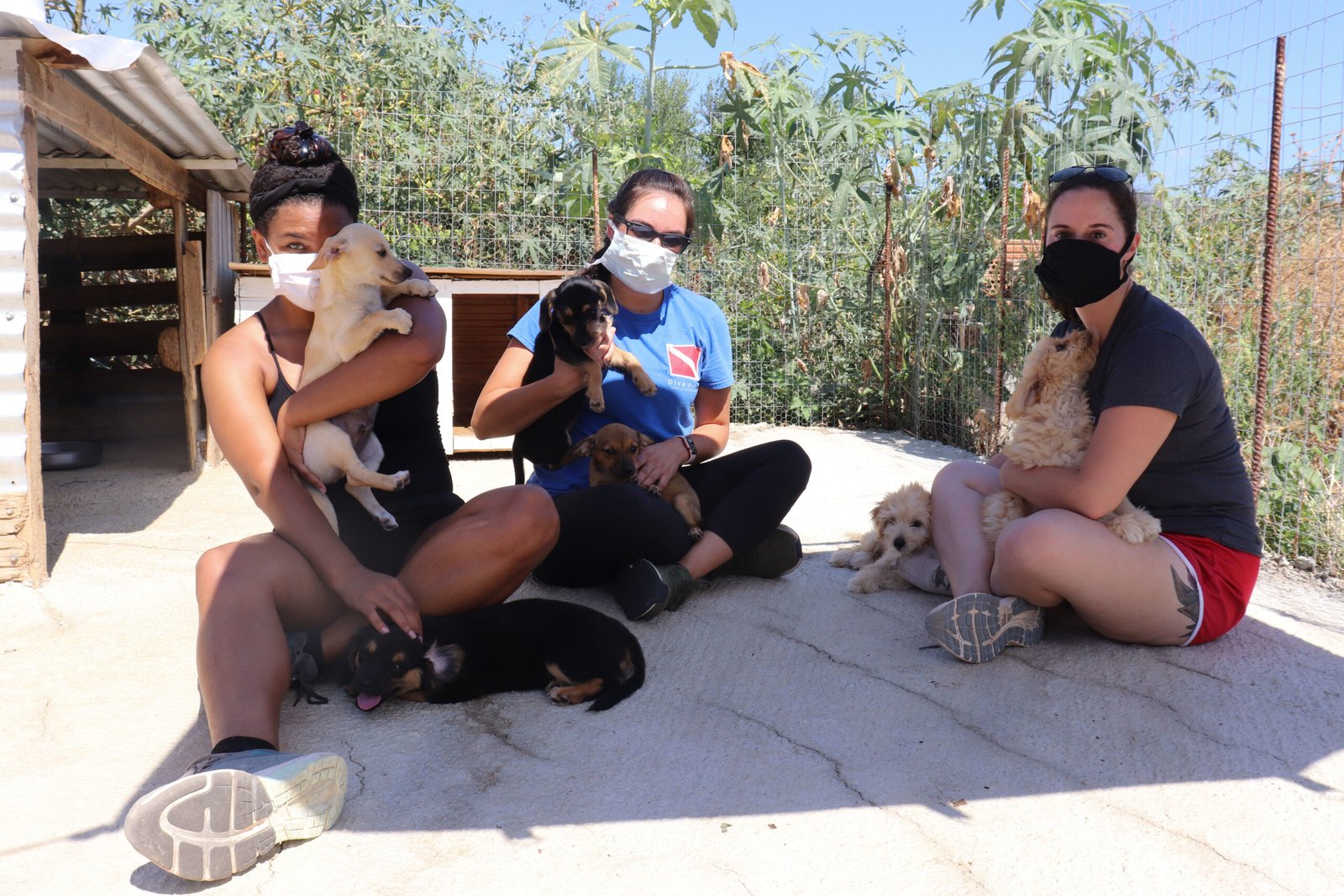Have you ever seen a puppy freeze with fear at a simple noise, or melt into pure joy at meeting a new friend? The first few months of a puppy’s life are a whirlwind of discovery, learning, and—sometimes—anxiety. Socialization isn’t just a buzzword for dog parents; it’s the secret sauce for raising happy, confident, and well-behaved adult dogs. If you want your puppy to grow into a canine superhero, science says you need to make socialization a top priority. Let’s dive into ten science-backed ways to help your young pup blossom into a social butterfly.
Start Socialization Early—But Not Too Early
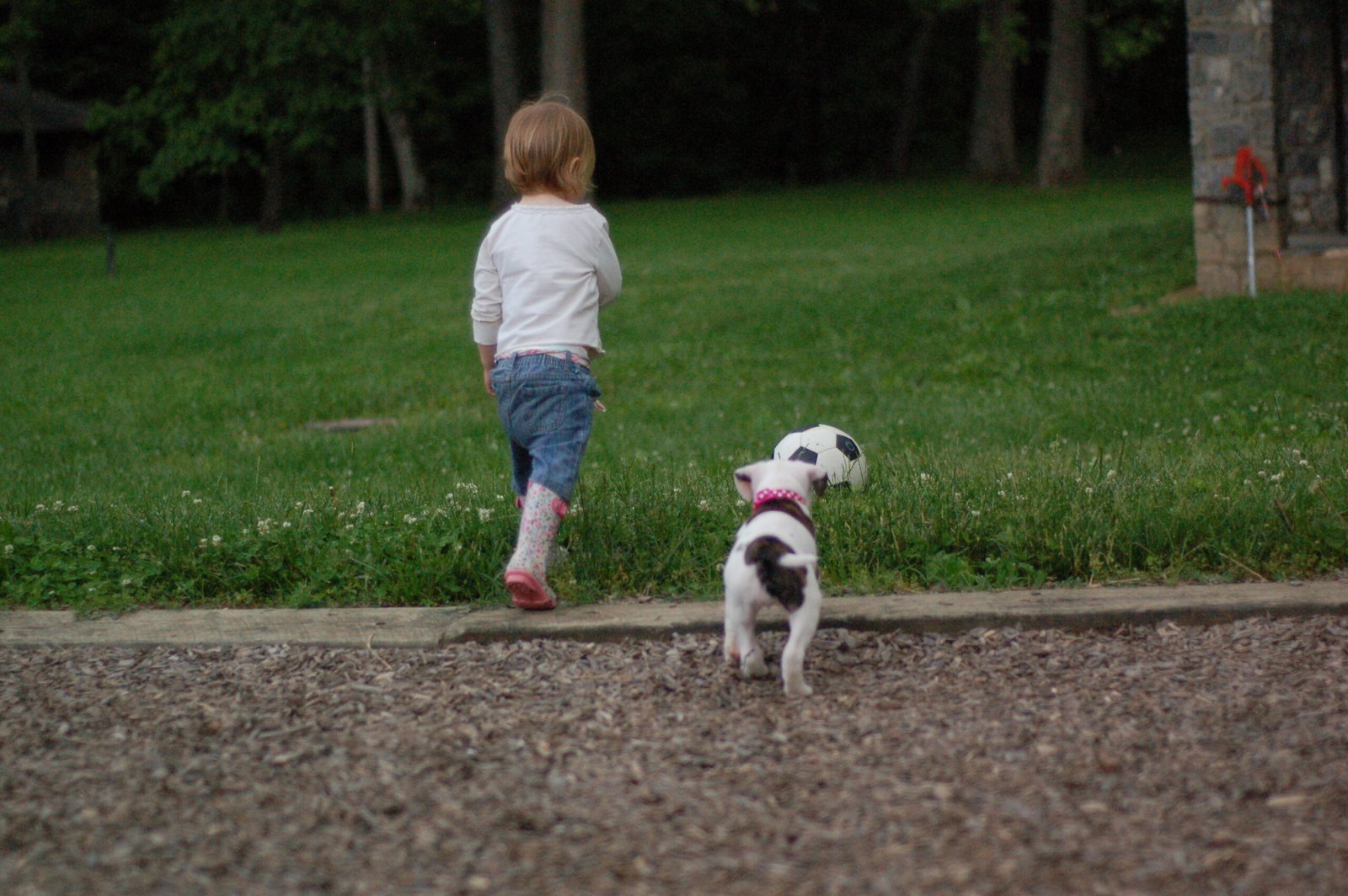
The clock is ticking from the moment your puppy opens its eyes. Research shows that the “critical period” for socialization starts at about three weeks and lasts until around 14-16 weeks of age. This window is when puppies are most open to new experiences and least likely to develop lifelong fears. Introducing your puppy to gentle, positive interactions with people, animals, and environments during this time has long-lasting benefits. However, it’s important not to start too soon—before three weeks, puppies are still developing basic senses and are easily overwhelmed. Think of this period like wet cement: it’s the perfect time to shape your pup’s outlook on the world.
Expose to a Wide Variety of People
Imagine only ever meeting people who look, smell, and sound exactly like your family. Weird, right? Puppies need to meet a diverse cast of characters to avoid becoming shy or fearful later on. Science suggests puppies benefit from meeting people of different ages, heights, skin tones, and even people wearing hats or carrying umbrellas. Invite friends over, take your puppy to busy parks, and let them greet delivery drivers (with supervision). These experiences teach your puppy that humans come in many shapes and sizes, and most are friendly.
Introduce Other Animals in a Controlled Way
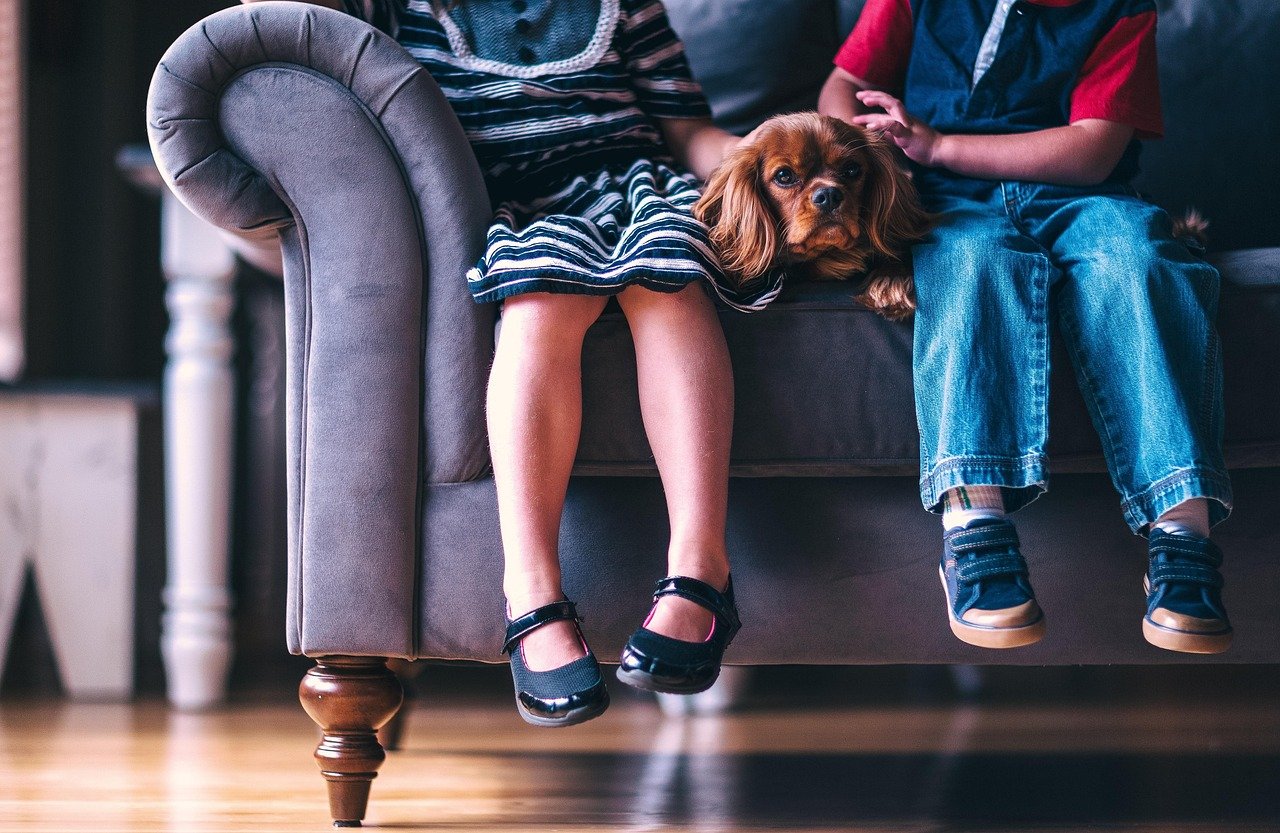
Dogs aren’t the only species your puppy might meet! Cats, rabbits, and even birds can become part of your puppy’s social circle if introduced properly. Studies highlight the importance of gradual, supervised introductions with calm, well-behaved animals. Start with short, positive sessions and watch your puppy’s body language closely. If they seem fearful or aggressive, give them space and try again later. Over time, these interactions help your puppy learn to coexist peacefully with a range of other animals.
Prioritize Positive Experiences Over Quantity
It’s tempting to pack your puppy’s schedule with as many new experiences as possible, but science warns against sensory overload. The quality of each encounter matters more than the number. Puppies should leave every interaction feeling safe and happy. Use treats, toys, and gentle praise to reinforce calm, friendly behavior. If an experience scares your puppy, back off and slow the pace. Think of socialization like seasoning—too much at once can ruin the dish, but a little at a time creates something wonderful.
Attend Puppy Socialization Classes
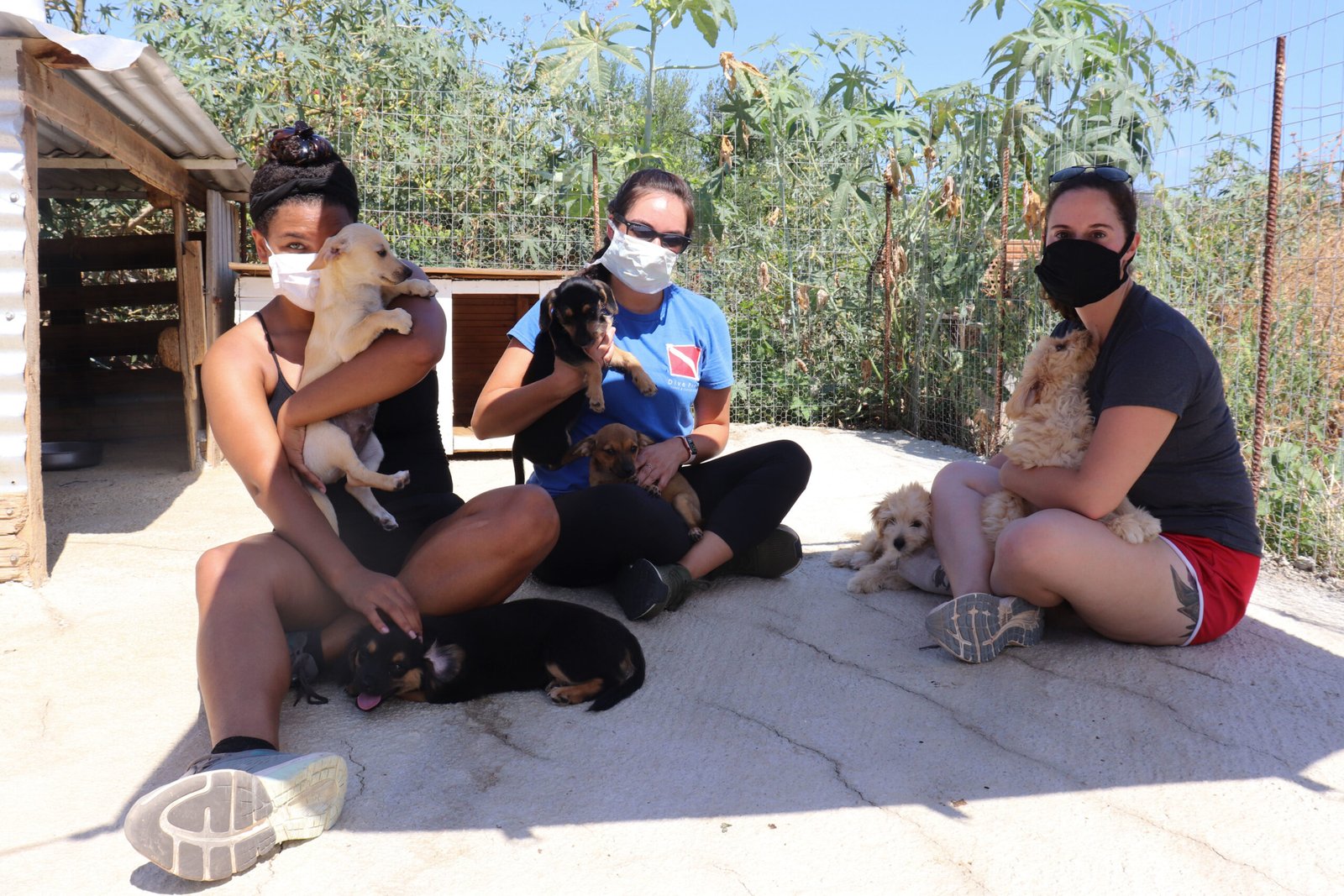
Group classes designed for young puppies aren’t just adorable—they’re backed by science! Research shows that puppies who attend well-run classes are less likely to develop aggression or anxiety as adults. These classes provide structured opportunities to meet other dogs, humans, and new environments under the watchful eye of a professional. Look for classes that use positive reinforcement and have strict vaccination requirements. The friendships and skills your puppy learns here can last a lifetime.
Introduce New Sounds Gradually
Thunderstorms, fireworks, vacuums—loud sounds can terrify young pups if they haven’t heard them before. Scientists have found that early, gentle exposure to a variety of noises can build confidence and prevent noise phobias. Start with recordings of common sounds at a low volume while playing or feeding your puppy. Gradually increase the volume as your puppy remains calm. This simple step helps ensure your dog won’t panic at every clap of thunder.
Practice Gentle Handling All Over
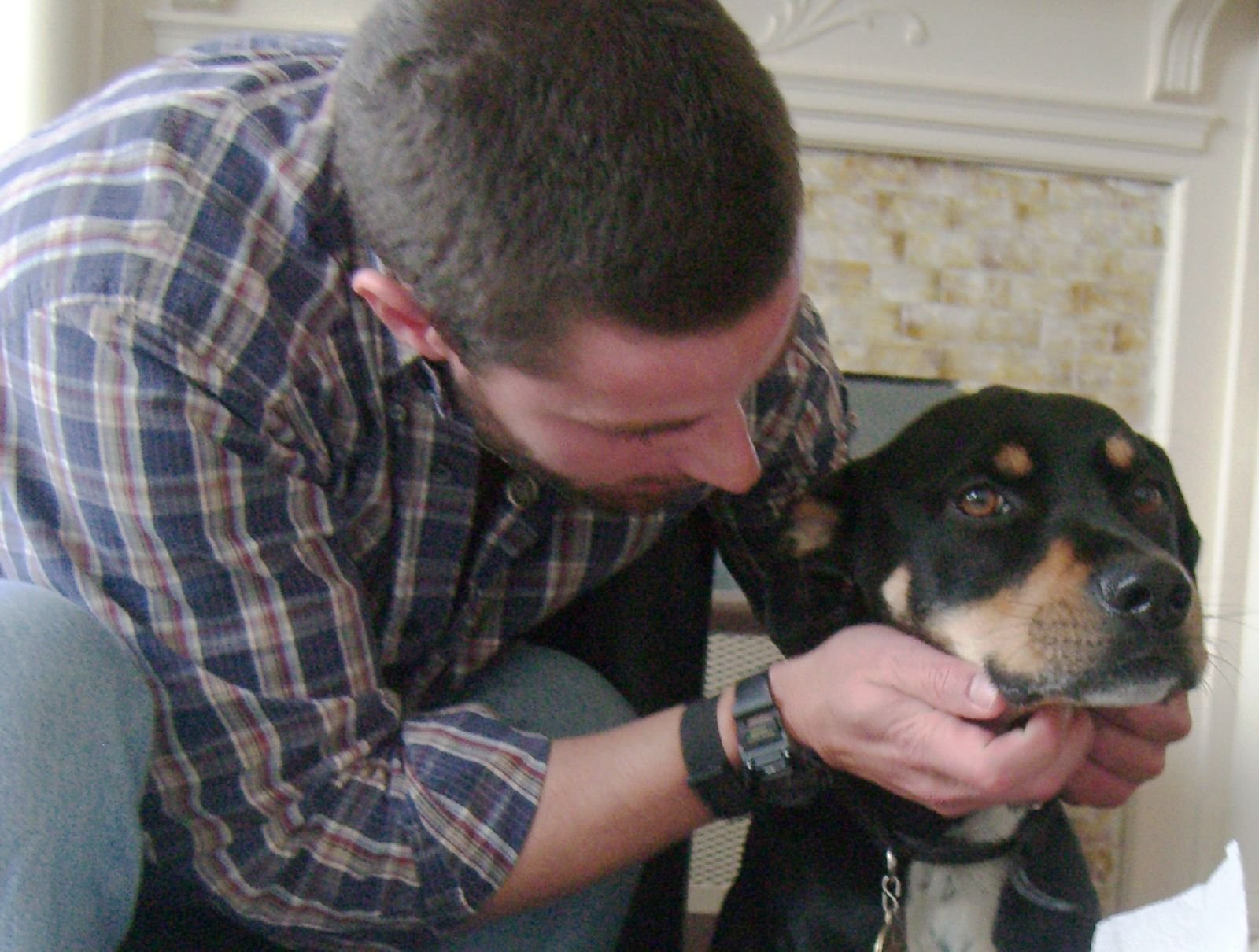
A dog who hates having its paws touched or ears cleaned can make grooming and vet visits stressful. Research proves that daily, gentle handling of paws, ears, tail, and mouth during puppyhood lays the groundwork for a lifetime of stress-free care. Make these sessions short and sweet, pairing them with treats and soothing words. This teaches your puppy to trust you and to accept being touched in all sorts of places, making life easier for everyone.
Explore Different Places and Surfaces
A puppy raised on soft carpets might panic on slippery tiles or rough gravel. Science recommends exposing your puppy to a variety of surfaces—grass, sand, metal, hardwood, even stairs—during their socialization period. Walk your puppy around the neighborhood, visit safe public spaces, and let them investigate new textures at their own pace. Each new surface adds to their confidence, making unfamiliar environments less scary down the road.
Reward Calm and Curious Behavior
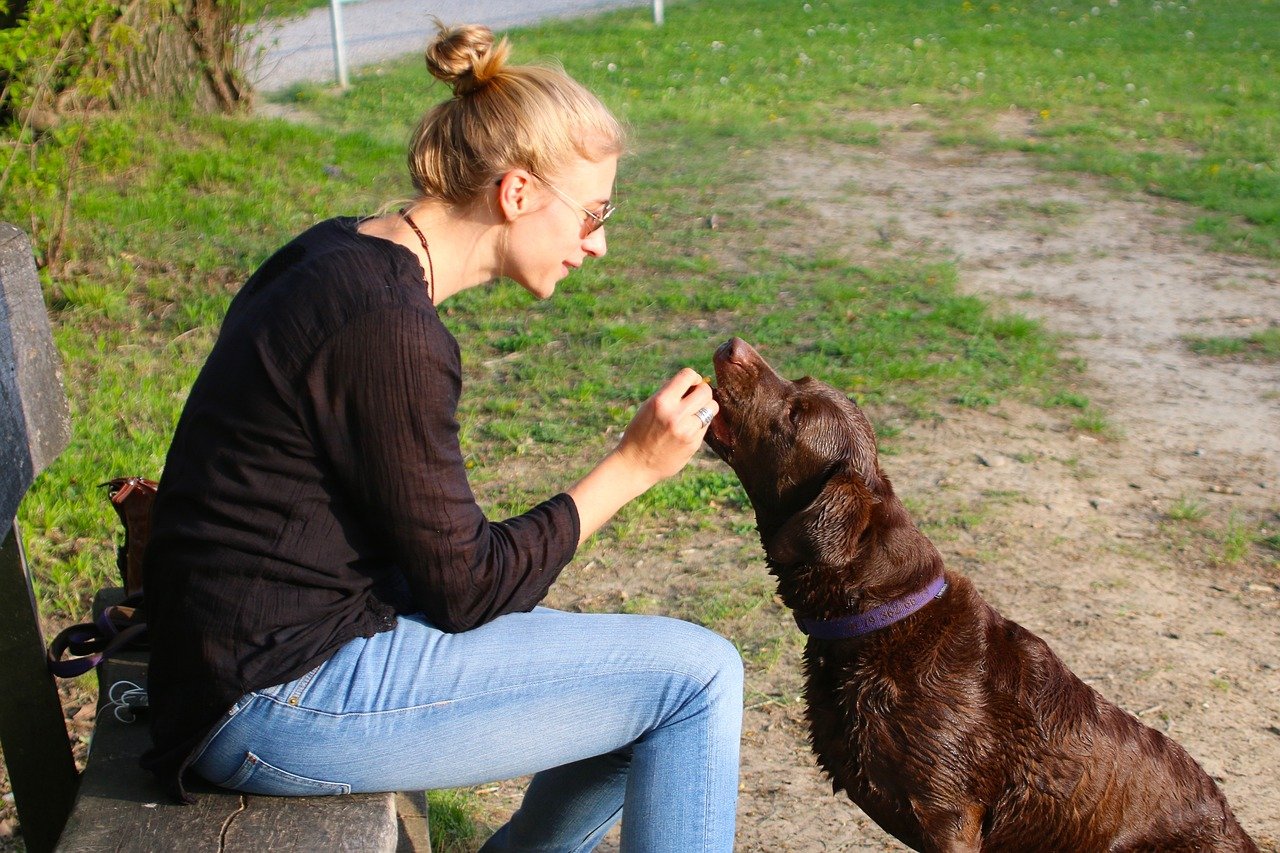
Puppies are naturally curious, but they can also be skittish. Encouraging and rewarding calm investigation of new things helps build a brave, stable dog. When your puppy approaches a new object, person, or animal calmly, immediately reward them with treats, praise, or petting. According to behavioral studies, this positive reinforcement strengthens your puppy’s confidence and shapes their temperament for the better.
Watch for Signs of Stress and Adapt
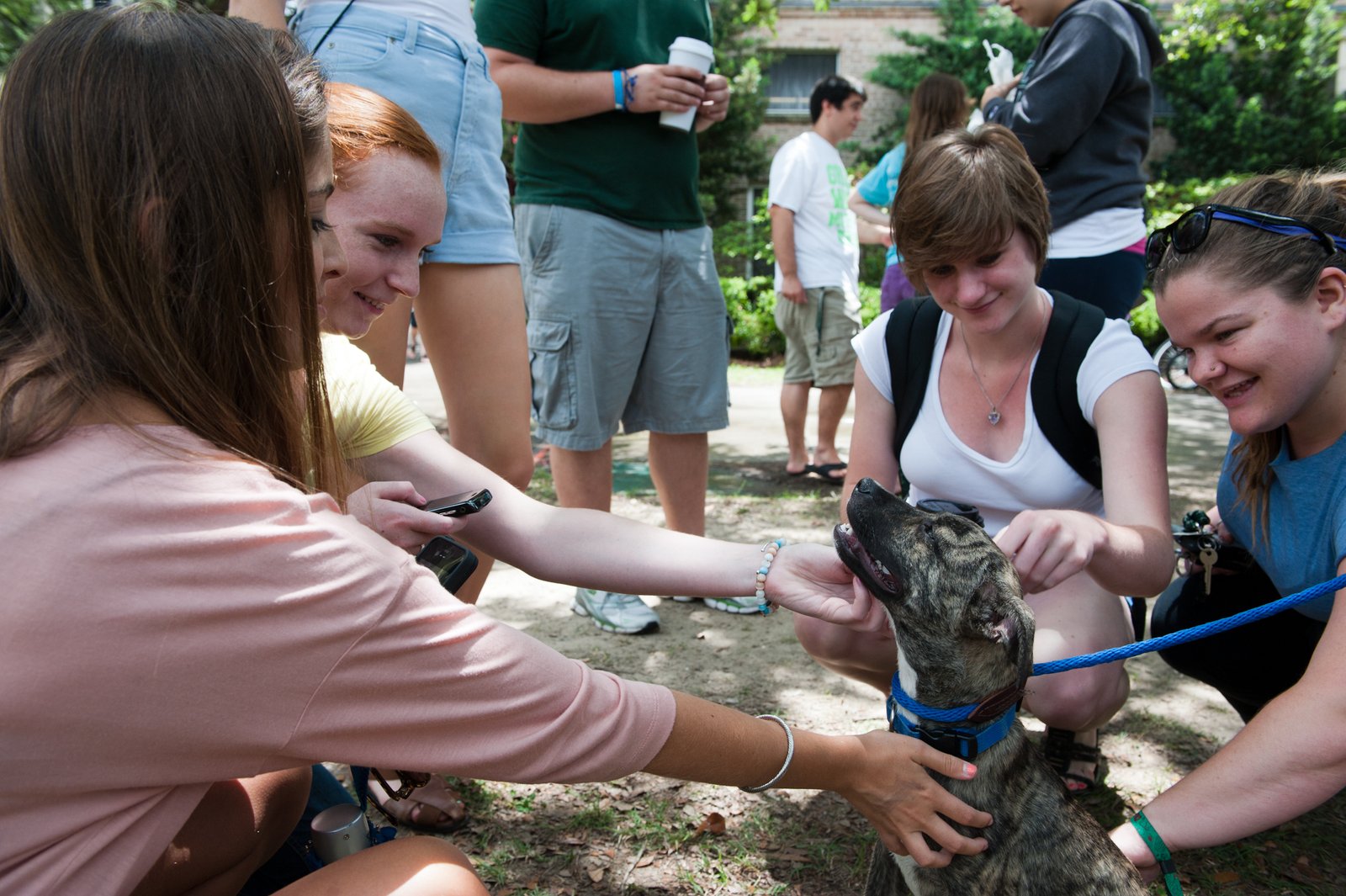
Not every puppy is a social butterfly from day one. Paying attention to your puppy’s body language is crucial. Signs like tucked tails, yawning, or cowering mean your puppy is overwhelmed. Science says it’s okay to pause socialization and let your puppy decompress. Always adapt your approach to fit your puppy’s comfort level. Over time, gentle persistence will help even the shyest pups come out of their shells.

Linnea is a born and bred Swede but spends as much time as possible in Cape Town, South Africa. This is mainly due to Cape Town’s extraordinary scenery, wildlife, and atmosphere (in other words, because Cape Town is heaven on earth.) That being said, Sweden’s majestic forests forever hold a special place in her heart. Linnea spends as much time as she can close to the ocean collecting sea shells or in the park admiring puppies.

